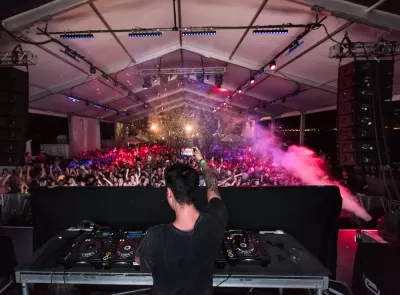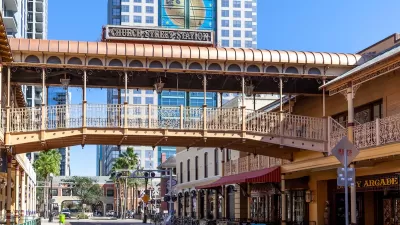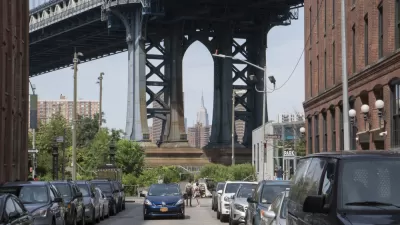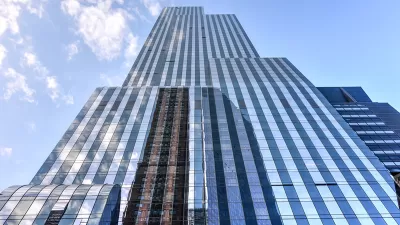For 91 years, dancing was practically illegal in New York City. The city is getting footloose, after the City Council repealed the 1927 Cabaret Law intended to control speakeasies.

Entertainment venues across New York City celebrated this week, after the City Council voted to repeal the Cabaret Law—a remnant of prohibition approved in 1926 that limited the number of places where residents could legally gather to dance.
According to an article by Annie Correal that discusses a night of celebrations last weekend at clubs and restaurants around the city, the Cabaret Law was often used as a tool when previous administrations wanted to crackdown on nightlife of all kinds (Correal specifically references the Giuliani Administration).
Correal reports that the application process for a cabaret license was so onerous that "only 97 of the city’s roughly 25,000 eating and drinking establishments possessed cabaret licenses," at the time of the City Council's decision to repeal the law. "When the legislation is signed into law by Mayor Bill de Blasio, it will bring to a close an era when New York City was festooned with no-dancing signs, and multiply the places where people can openly get down," writes Correal.
Planetizen picked up news of the impending demise of the Cabaret Law in June 2017.
FULL STORY: Celebrating the End of the Cabaret Law (Where Else?) on the Dance Floor

Maui's Vacation Rental Debate Turns Ugly
Verbal attacks, misinformation campaigns and fistfights plague a high-stakes debate to convert thousands of vacation rentals into long-term housing.

Planetizen Federal Action Tracker
A weekly monitor of how Trump’s orders and actions are impacting planners and planning in America.

In Urban Planning, AI Prompting Could be the New Design Thinking
Creativity has long been key to great urban design. What if we see AI as our new creative partner?

King County Supportive Housing Program Offers Hope for Unhoused Residents
The county is taking a ‘Housing First’ approach that prioritizes getting people into housing, then offering wraparound supportive services.

Researchers Use AI to Get Clearer Picture of US Housing
Analysts are using artificial intelligence to supercharge their research by allowing them to comb through data faster. Though these AI tools can be error prone, they save time and housing researchers are optimistic about the future.

Making Shared Micromobility More Inclusive
Cities and shared mobility system operators can do more to include people with disabilities in planning and operations, per a new report.
Urban Design for Planners 1: Software Tools
This six-course series explores essential urban design concepts using open source software and equips planners with the tools they need to participate fully in the urban design process.
Planning for Universal Design
Learn the tools for implementing Universal Design in planning regulations.
planning NEXT
Appalachian Highlands Housing Partners
Gallatin County Department of Planning & Community Development
Mpact (founded as Rail~Volution)
City of Camden Redevelopment Agency
City of Astoria
City of Portland
City of Laramie





























